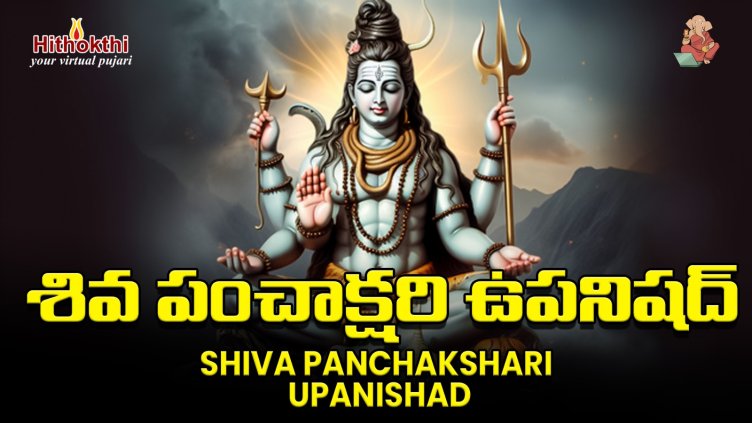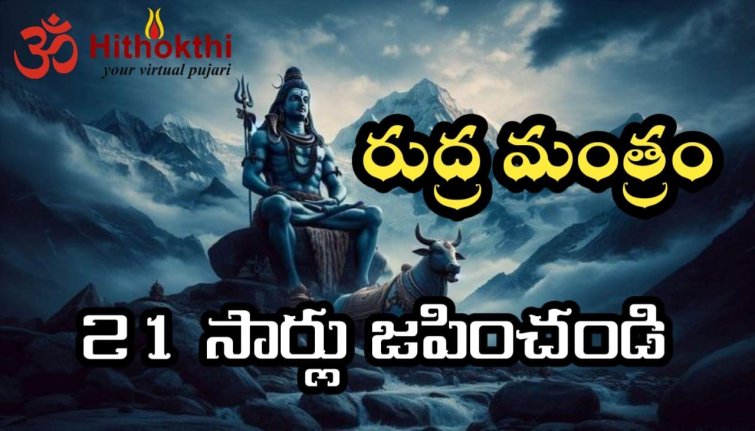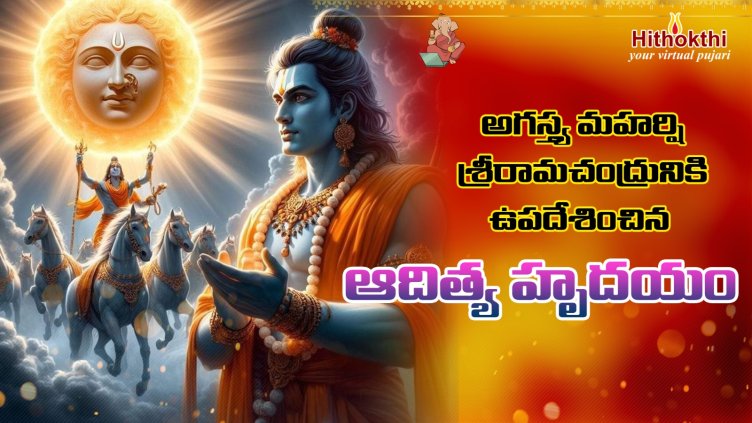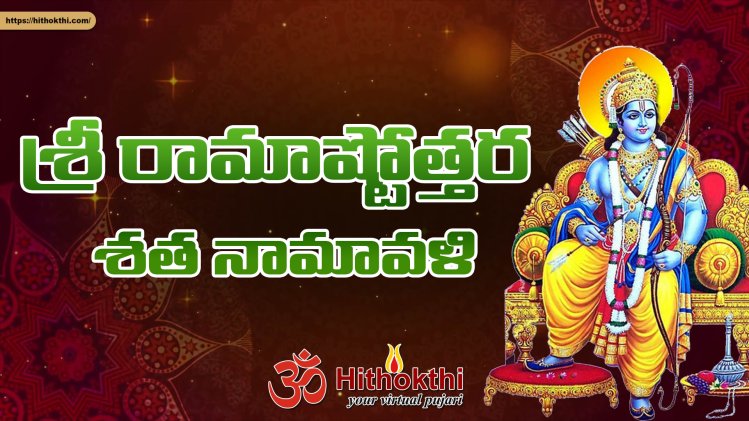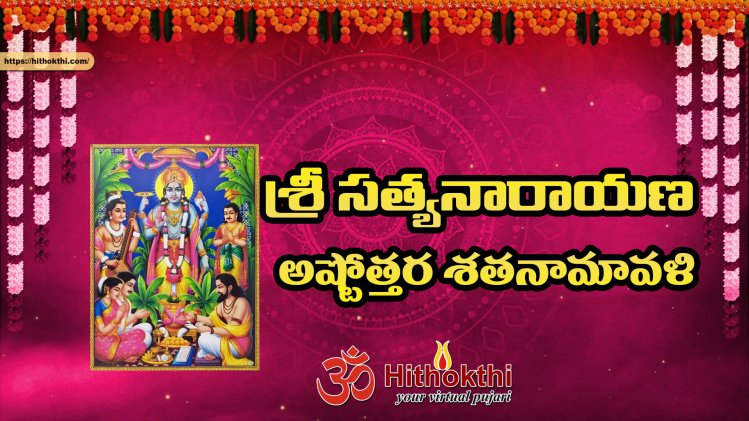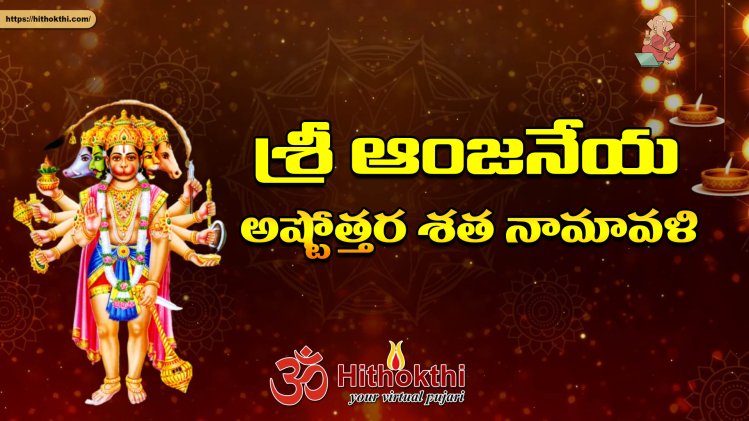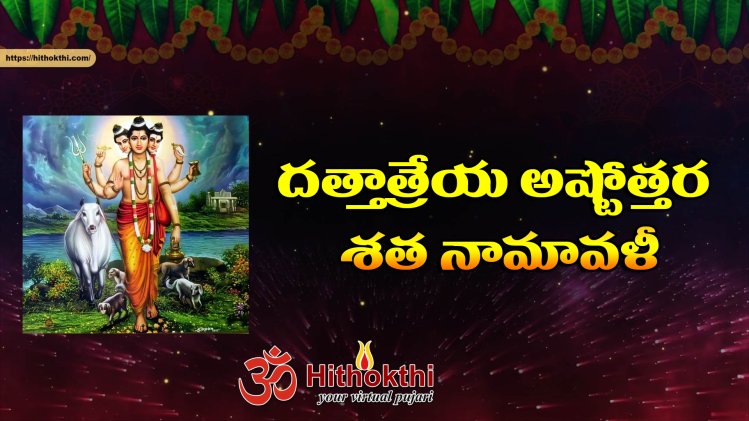Navaratri Celebrations in Alabama

Pandit Sai Krishna, left, chants ancient prayers for wisdom to the deity Saraswati on behalf of Nandita Saha, right, and her family, on Feb. 14, 2013, with blessings on their school books. At right is the image of the goddess Durga, one of several deities installed in the temple at the Hindu Cultural Center of North Alabama near Huntsville. Both goddesses are among those honored during Sharad Navratri, which ends this year on Sunday, Oct. 13, 2013.

Priests Pavankumar Vangala, left, and Padmanabhan Alavoor Srinivasaraghavan perform rituals at the shrine to the Goddess Durga at the temple of the Hindu Cultural Center of North Alabama in September 2009. Navratri, the 10-day festival that honors the feminine divine energy and its triumph over even, ends this year on Sunday, Oct. 13, 2013.
Huntsville, Alabama, October 14, 2013: For Hindus, Oct. 5 marked the commencement of Sharad Navratri in 2013. “Sharad,” in Sanskrit, means “beginning of winter.” “Navratri” means “nine nights.”
On these nine festive nights, Adi Shakti, the primordial cosmic energy is worshipped as it is personified as Ma Durga or Devi. On the 10th day Vijayadashami, or Dussehra, is celebrated by burning effigies of Ravana, the demon king who kidnapped Sita, Rama’s wife. This symbolizes the victory of good over evil, both external and internal.
In the ancient Vedic Age, religious philosophy and rituals were focused on acquiring true knowledge and ultimate realization of the supreme power of Gayatri, Bramh Shakti. This spiritual practice was reinforced four times a year at climatic junctions punctuated by Navratris. In ancient times, the spring Navratri was most important, but Rama invoked goddess Durga in autumn before his battle with Ravana. Because of that, this “akal-bodhan” or out-of-season, “akal,” worship, “bodhan,” gained popularity, and Sharad Navratri is celebrated exuberantly by Hindus all over the world.
Chants of “Adi Shakti, Adi Shakti, Adi Shakti, Namo, Namo” resonate in the temple prayer hall and in the homes and hearts of devotees. On the first day, the lady of the house sows barley or other grains in a clay pot. The pot symbolizes our universe. Then she lights a lamp which is kept lit for nine nights.
The effulgent Sree, Goddess, Durgadevi is worshipped through this uninterrupted light. It is believed that during Navratri, the principle of Sree Durgadevi is more active in the cosmos. Mother goddess appears in nine forms, including Sree Durga, Mother of the Universe; Sree Annapoorna, Bestower of Grains; and Sree Sarvamangala, The Ever-Joyous, are some of them.
During the first three days, Devi is worshipped as Sree Durga or Kali, the destroyer of all our evils and granter of boons. The second three days are devoted to Sree Lakshmi, the goddess of inexhaustible wealth. The final three days, which end this year on Sunday, Oct. 13, prayers are offered to Sree Saraswati, the goddess of wisdom.
Navratri is period of purification and introspection. Devotees fast or consume milk, yogurt and fresh fruit. Many Hindus avoid alcohol, meat, onions, garlic and grains in order to expunge negative energies.
Every region in India celebrates with regional traditions. In Bengal exquisitely crafted and beautifully decorated statues of the Goddess Durga slaying the demon Mahishasura are the norm. In Mumbai and Gujarat, Goddess Amba is seated on a colorful swing. Devotees dance the spiritual, whirling Garba and Dandiya-Raas, movements set to devotional songs and often with a live orchestra. Young girls dressed in colorful chaniya-holis, long skirts and blouses, put on a lively show. In South India, the home temple is made of “nine steps” representing nine hills. On the ninth day the Goddess is worshipped with agricultural implements, tools, machinery and automobiles. And teachers start teaching Kindergarten on the 10th day.
For Hindus, the Sharad Navratri is a very auspicious time for entering new jobs, ventures, new homes and marriage. Come join us at Garba in Huntsville or Birmingham this weekend! Visitors are welcome at both temples.
Dr. Monita Soni, a pathologist who practices in Decatur, Ala., and an active Hindu, is also active in interfaith dialogue in the Huntsville area.
Source: All Alabama

